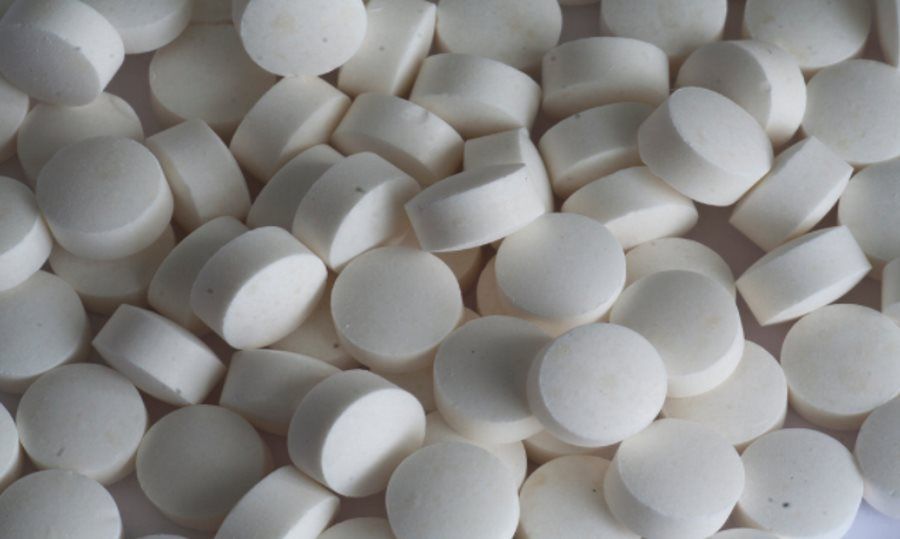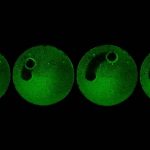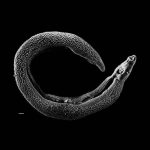
An experimental painkiller that is stronger than morphine and not addictive
The agent, known as AT-121, is a new chemical compound thatóry has a subójne therapeutic effect. Suppresses the addictive effects of opioidsów and induces morphine-like anti-pain effectsólowe. At least in non-human primates, as tests have shown.
– In our study, we found that AT-121 is safe and not addictive, It is róalso an extremely effective antibólowe,” said Professor Mei-Chuan Ko of the School of Medicine, która is part of Wake Forest Baptist Medical Center.
Ko, along with other scientists, aimed to design and test a chemical compound that wouldóry móheads to act on two key receptors in the mózg: the opioid receptor μ (mu), in whichóry target conventional opioids and anti-ból prescription drugs and the nociceptin receptor, whichóry regulates rótive activities mózgu, including the feeling of addiction.
Theoretically, the agonist – compound that binds to a receptor and triggers a response in the comórce, whichóry can successfully bind both of these receptors, can induce sensations of relieving bólu, without causing serious addiction, whichóre often induced by opioids.
– We developed the compound AT-121, whichóry combines both activities in the right róin balance in one single molecule, which we believe is a better pharmaceutical strategy than using twoóch drugóin combination – explained the Co.
Extremely promising results have been achieved in tests on macaques. AT-121 seemed to provide relief in bólu róequivalent to morphine, but at a dose 100 times lower. No effects have been observedóin side effects and, importantly, this agent did not addictively. Moreover, when the compound was administered to animals, które developed a dependence on oxycodone (a potent opioid anti-biotic drugólowy), they have seen a reduction in their level of addiction. This suggests that AT-121 can helpóc patients weaned off other drugsóin opioids and at the same time treat their ból.
This is all assuming, of course, that the substance would work on humans in the same wayób as in monkeys. There is no guarantee that this will happen, but scientists are hopeful. Future tests will show this.
– The fact that the tests involved non-human primates, but closely related to the human species, was róalso significant because it has shown that compounds such as AT-121 have translational potential, which in turn means that they are a viable alternative or replacement for opioidóin prescription drugs,” admitted Ko.
The relationship can also offer another benefit. AT-121 during the testów did not cause respiratory depression (a reduction in the frequency of respiratoryó(w) or problemóin cardiovascular even when administered in high doses. This means it could be an effective, non-addictive anti-bólowy, whichórego cannot be overdone.





